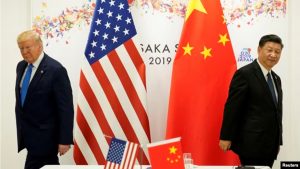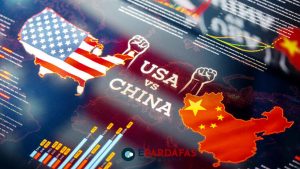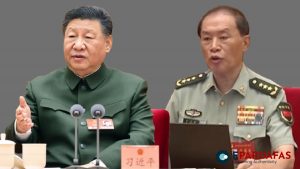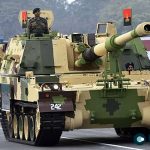
Xi Jinping’s Controversial European Tour: Allegations of Influence and Corruption

Chinese President Xi Jinping’s current visit to Europe has sparked widespread controversy, with analysts accusing him of attempting to undermine European unity and democratic values. President Xi’s itinerary includes stops in France, Hungary, and Serbia, raising alarms about China’s deepening geopolitical influence.
Europe’s Fragile Stand Against Chinese Ambitions
Observers suggest that Xi’s primary aim in Europe is to weaken potential EU sanctions that could be imposed in response to Chinese aggression in East Asia, particularly concerning Taiwan, Japan, and the Philippines. There are concerns that certain European leaders might be acquiescing to Xi’s strategies due to internal pressures, such as corruption and a lack of global security awareness, potentially jeopardizing European economic and political stability which heavily relies on peace in the Taiwan Strait.
French President Macron’s Compromises
French President Emmanuel Macron has been criticized for what some see as a policy of appeasement toward China. Despite his public rhetoric on principles and sovereignty, Macron is accused of facilitating agreements that might increase France’s economic dependence on China, contrary to the EU’s policy of reducing risks associated with economic entanglements with Beijing. Critics argue that these actions not only undermine EU’s stance but also betray democratic allies and weaken the transatlantic alliance.
France’s Controversial Military Sales and NATO Dynamics
Alarmingly, France is also accused of boosting China’s military capabilities by continuing to sell military-use helicopters to China, which critics claim could be used against Taiwanese forces. Moreover, France’s alleged obstruction of NATO’s cooperation with Japan is seen as particularly damaging, given Japan’s strategic position as a democratic leader in the Indo-Pacific region.
Serbia and Hungary: Gateways for Chinese Influence?
In Serbia, President Aleksandar Vucic is described as overly accommodating to Chinese interests, with accusations of allowing Chinese intelligence operations to expand under the guise of police cooperation. This arrangement purportedly makes Serbia a pivotal player in China’s strategy to gain a foothold in Europe.
Similarly, in Hungary, Prime Minister Viktor Orban is portrayed as a staunch ally of both Russia and China within the EU. Hungary is cited as a central hub for Chinese intelligence operations in Central Europe, hosting significant institutions like a branch of the Chinese Academy of Sciences and Huawei’s large research and development center. Critics argue that Orban’s policies are not only inviting Chinese surveillance but also reinforcing Hungary’s economic ties to China through projects like the Belgrade-Budapest railway.
Conclusion
President Xi’s European tour highlights the complex interplay of diplomacy, economic interests, and national security. The accusations leveled against him and the leaders of France, Serbia, and Hungary paint a picture of a Europe at a crossroads, caught between economic opportunities and the imperative to uphold democratic principles and regional stability. As these events unfold, the international community remains watchful of the potential long-term consequences of China’s growing influence in Europe.












Comments